Sorry, but Christian Porter is no Bob Hawke
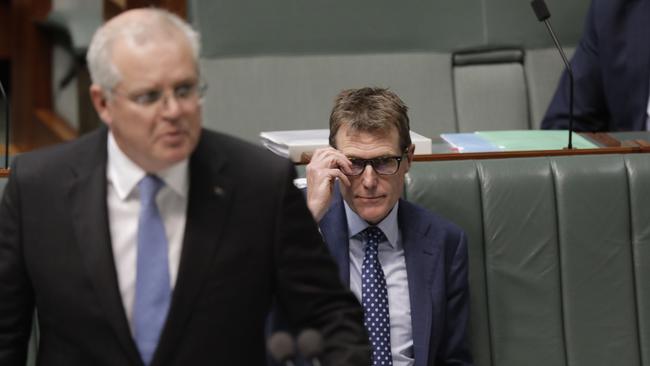
Terrible stories had already been filtering across from the west. Then when accounts began to swirl of an incident in a bar in Canberra, the most politicised city in Australia, where everybody knows you even if you don’t know them, people began looking more closely at Porter.
The man who seemed destined to be prime minister is now destined to rise no further. The only way left for him is down or out.
Around this time in these kind of stories, someone will make a comparison with Bob Hawke — how he got away with it or how he never would have been elected today if the media had treated him as they have Barnaby Joyce or Porter. The comparisons are fallacious. There are so many reasons why.
Hawke was a uniquely Australian combination of intellectual and larrikin. He was not a conservative. He was not a hypocrite. Hazel stuck by him through thick and thin. He loved women and they loved him. So did the blokes in a different way. Everyone knew how badly he behaved and if they didn’t the biography by his lover put it all out there.
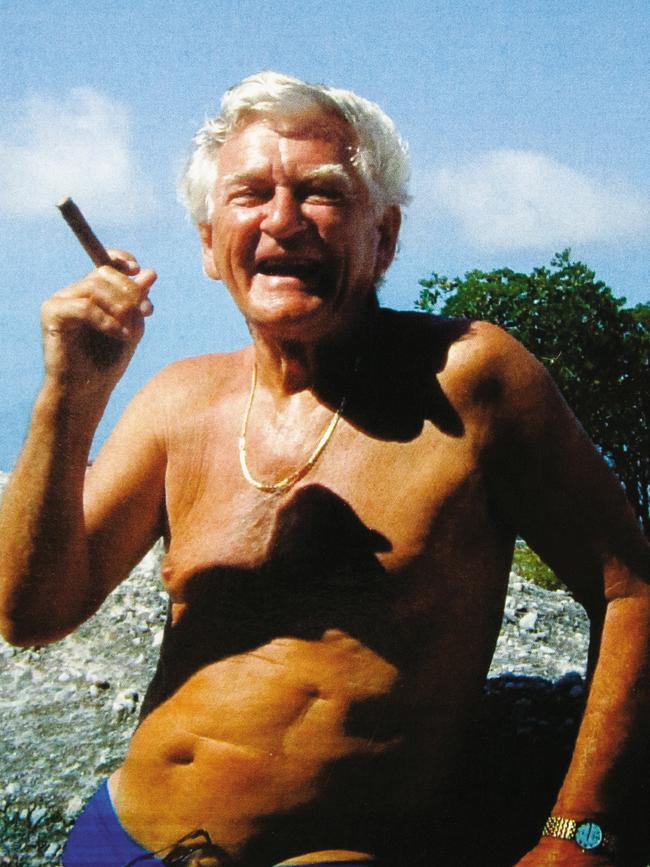
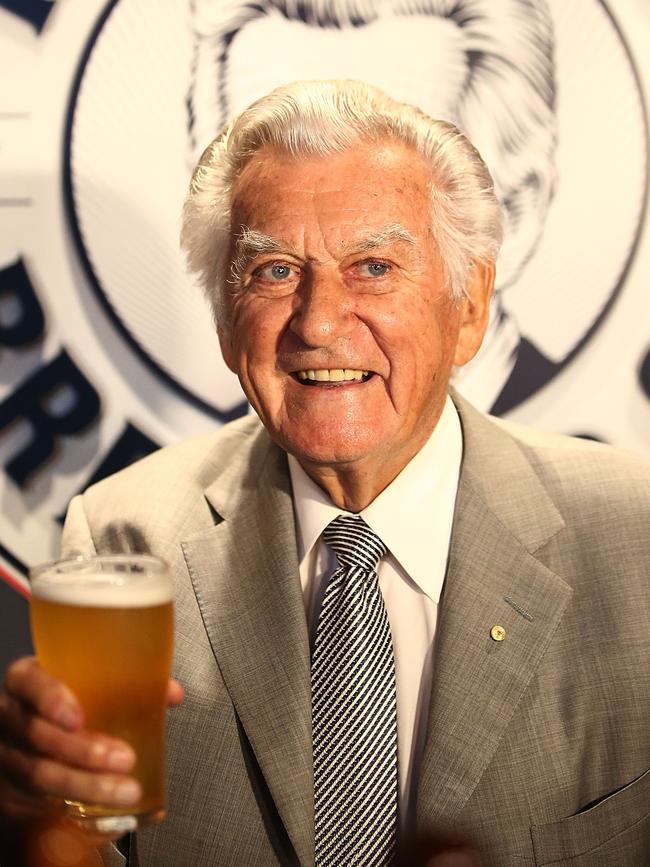
No one ever called Hawke deeply sexist or a misogynist as Kathleen Foley, one of the most respected lawyers of her generation and a former friend of Porter from his West Australian uni days, said of him on the ABC’s Four Corners on Monday November 9, in a brave, calculated strike against the Attorney-General.
Foley’s calm dissection of his character was devastating. And it is character, embodying the clash of private lives and public duties, that is the focus.
Alan Tudge was — is — Porter’s friend, cabinet colleague and factional ally. Tudge allegedly had moved to protect Porter’s reputation by demanding journalists destroy compromising photos of him in the Canberra bar with a young woman not his wife.
The photo was taken on the phone of an ABC journalist by a public servant said to have a deep interest in matters of national security, who had literally just been talking about the recently departed Labor senator Sam Dastyari, forced to quit over dodgy Chinese connections.
Concerned by what he believed to be inappropriate behaviour by the minister with the woman, showing how easily in the time of smartphones people could be caught in potentially compromising situations, the public servant grabbed the journalist’s phone and took a photo.
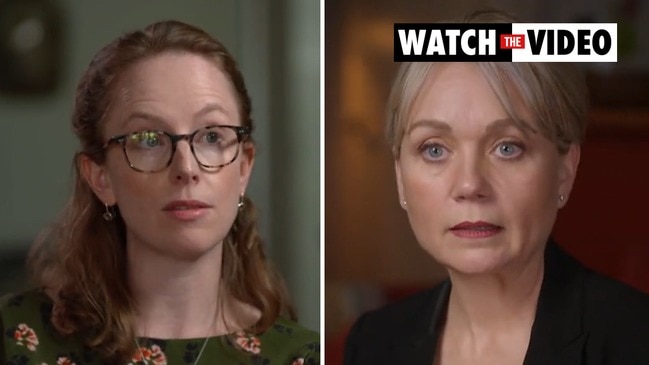
According to Four Corners, Tudge, prompted by his then lover and staff member Rachelle Miller, approached the journalist that night in the bar to ask that the photo of Porter and the young woman be deleted. The journalist refused.
According to my sources, Tudge rang the journalist the next day to insist the photo be destroyed. Soon after the photo was deleted.
It is another example of the fraught relations between journalists and politicians. Journalists are often privy to information not reported for a variety of reasons.
It is also why it is a very bad idea to give the attorney-general, or any other politician, the power to decide whether police should raid the homes or offices of journalists in search of material for possible prosecutions.
Porter has taken issue with the published accounts of that night in the bar. In a statement after the program aired Porter said: “Given the defamatory nature of many of the claims made in tonight’s program, I will be considering legal options.” Presumably if he proceeded with legal action, the Attorney-General would have to step aside from his portfolio.
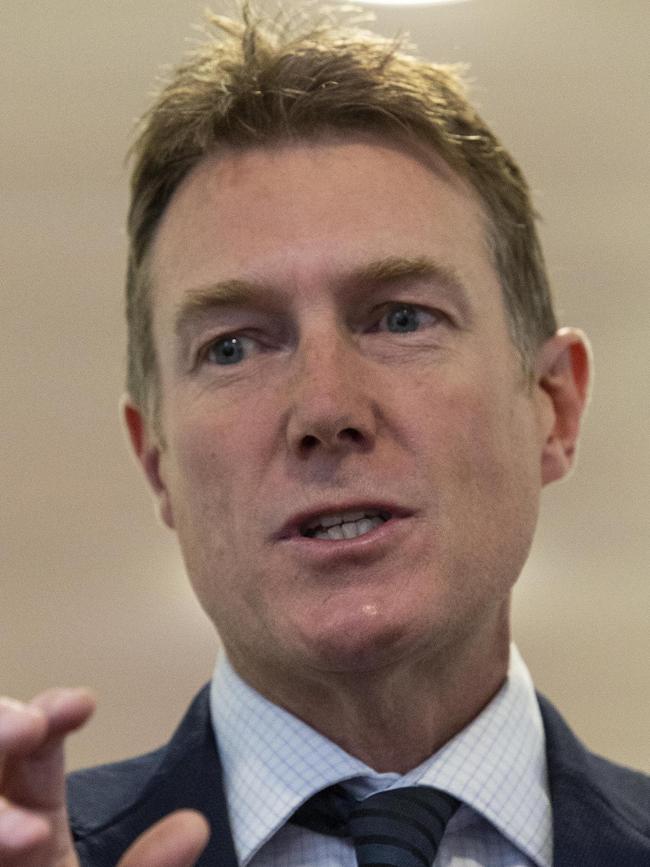
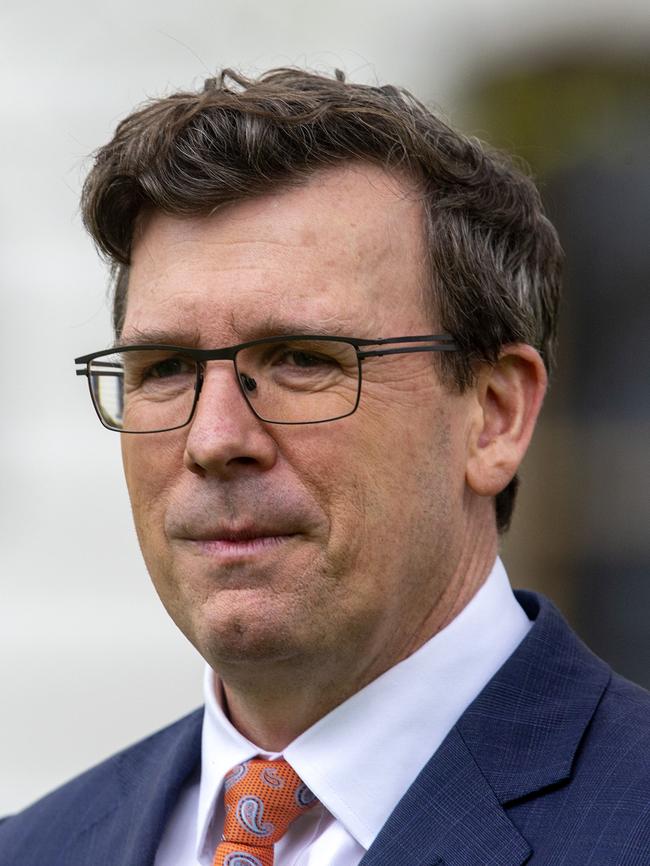
That incident three years ago was quickly relayed to the office of then prime minister Malcolm Turnbull, who later sought to counsel Porter, warning him that drinking late at night with young women meant he risked being compromised.
His warning might have been dismissed as the ranting of a prudish or slightly paranoid prime minister, especially as he still promoted Porter to replace George Brandis as attorney-general.
However, those who have been around a while know ministers who played around had been subjected to threats of violence and blackmail.
The dangers also have been given additional credence by a recent event completely separate from the Four Corners program.
The letter from ASIO chief Mike Burgess to all MPs warning them they were particularly “attractive targets” for foreign spies seeking to create “a sense of indebtedness” using donations and business opportunities.
“Political staffers have also been targeted, and we cannot rule out a proxy trying to get access to you through an unwitting relative, friend or business contact,” Burgess warned.
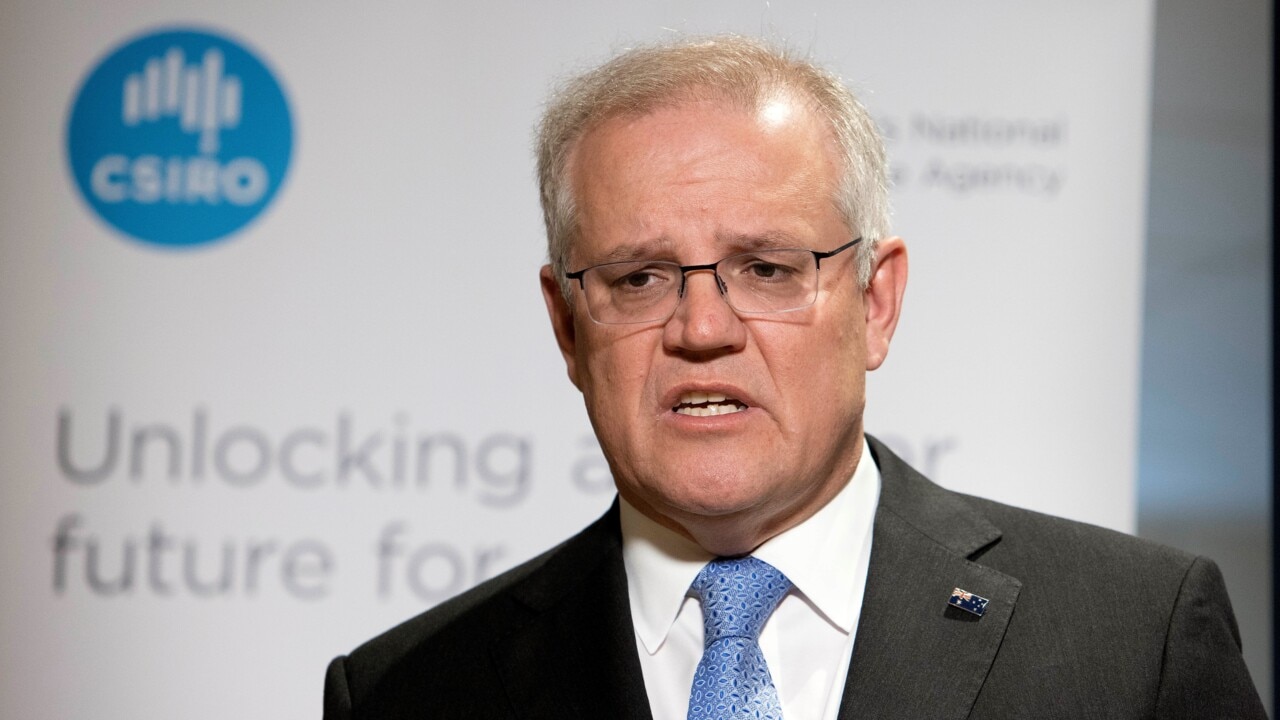
He wrote the letter on November 2, unaware of the Four Corners story. His highly unusual action advising politicians to exercise care at all times was in response to appeals for help from MPs about the sorts of things they should be looking out for to stay out of trouble. Talk about impeccable timing.
Scott Morrison desperately tried to kill the story about his two wayward senior ministers. In the process he amplified the Liberal Party’s woman problem, a problem the hierarchy is unable or unwilling to address.
The ABC was pressured directly and indirectly to drop the story, the government produced a different story (changes to Jobseeker payments) to try to knock it off, then the Prime Minister argued that Labor MPs, Greens and journos were just as bad, so the ABC should go after them too. The message: when it comes to sleaze, just like COVID-19, we are all in it together.
Resisting pressure to punish the two further, saying Turnbull’s ban on ministers having sex with staff had fixed the problem, Morrison also argued Australians understood human frailty. They do. They also loathe hypocrisy and pretence, and wonder about a prime minister who interrupts a female minister as she is about to answer, then in a snarling, bullyboy performance spurred the demise of a successful female executive over a few watches.
Although Morrison’s efforts to mitigate the damage to the government was assisted immeasurably by the resignation of Joel Fitzgibbon as opposition resources spokesman, it does not diminish the problem of attracting younger women to the Liberal Party, which would help improve the culture. Morrison’s response was off-key and inadequate.


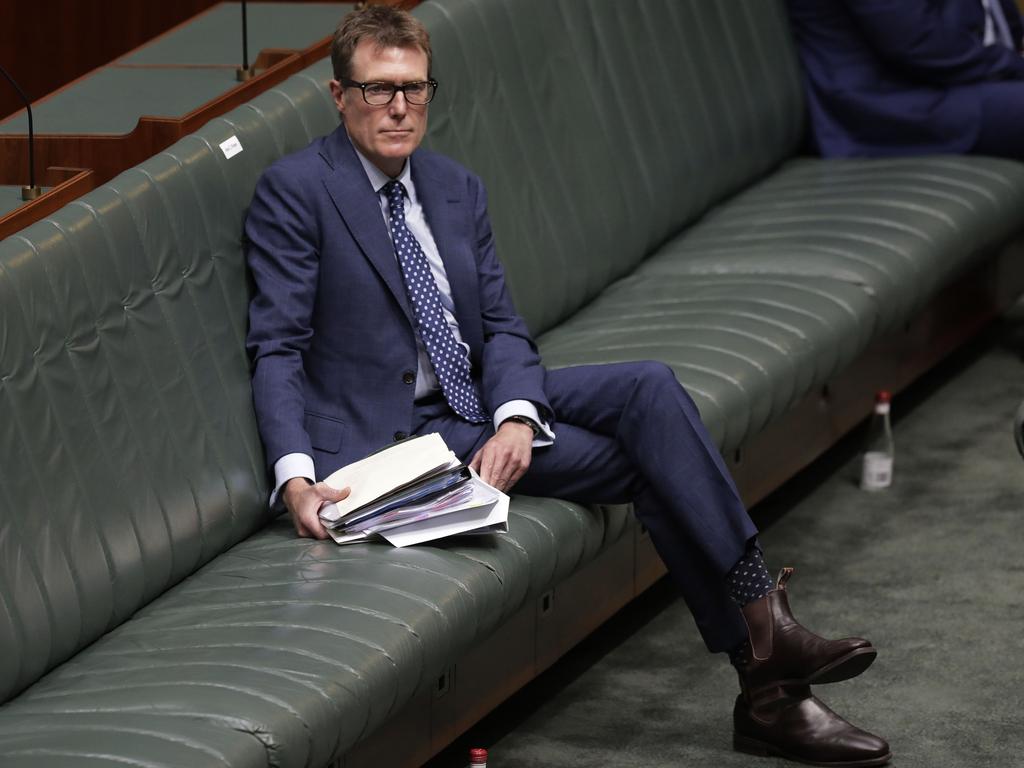
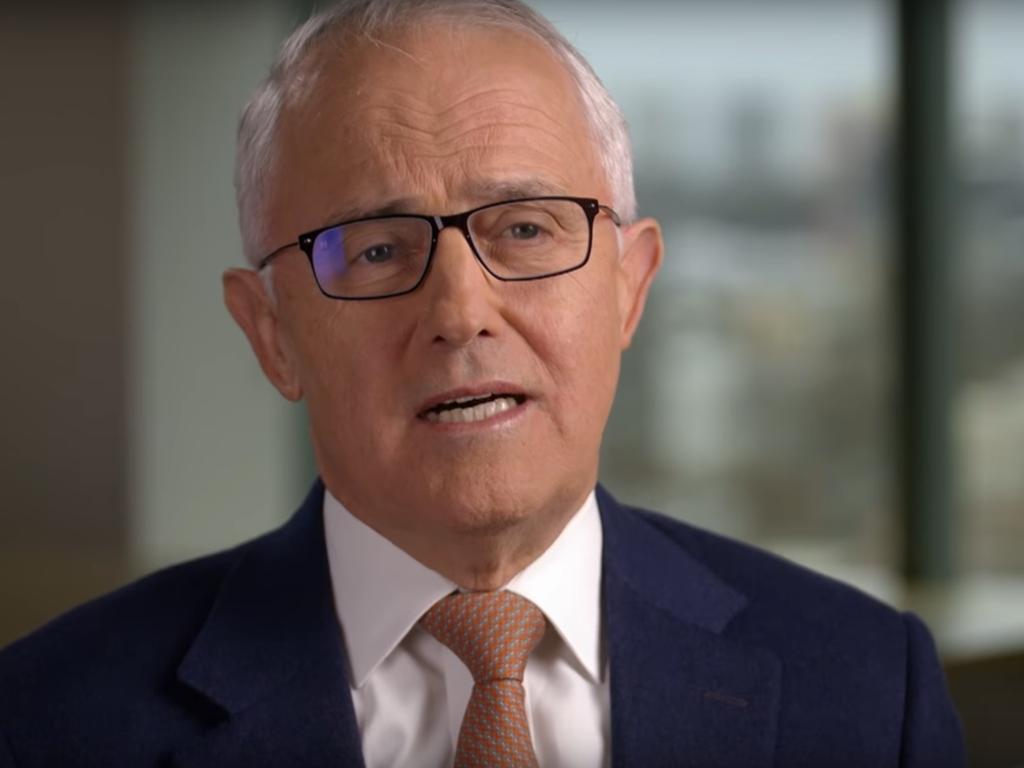

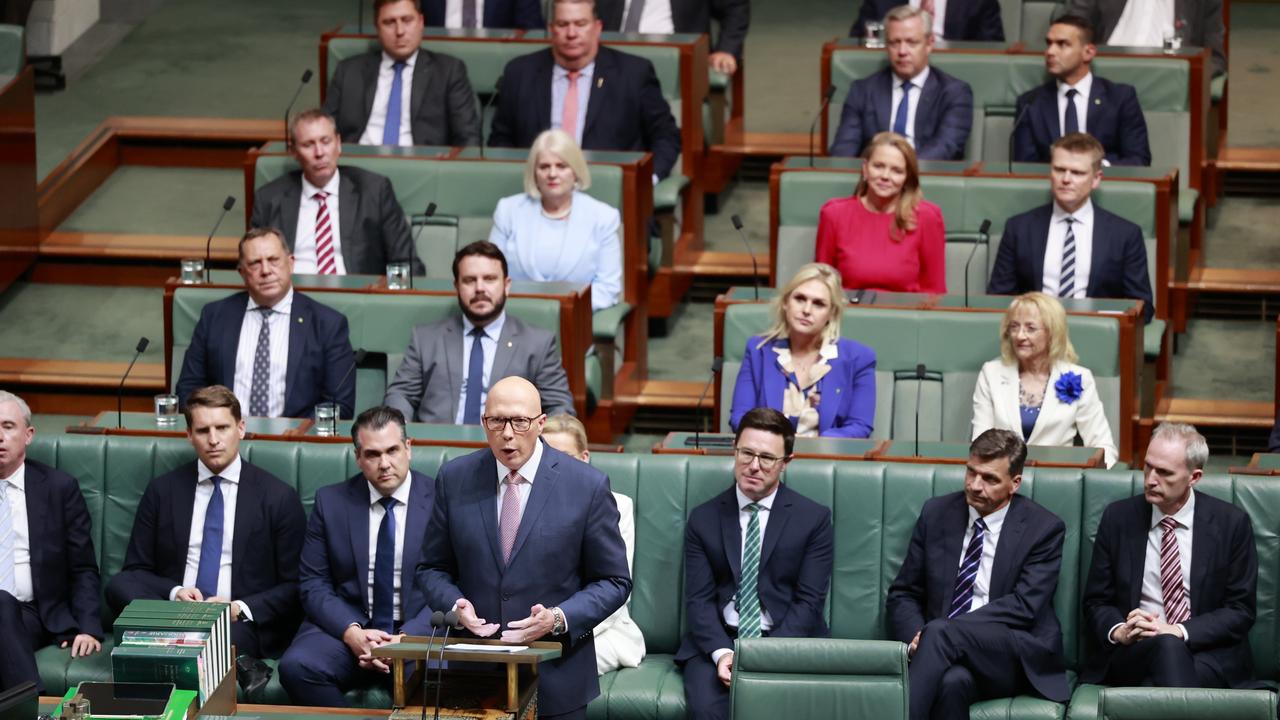
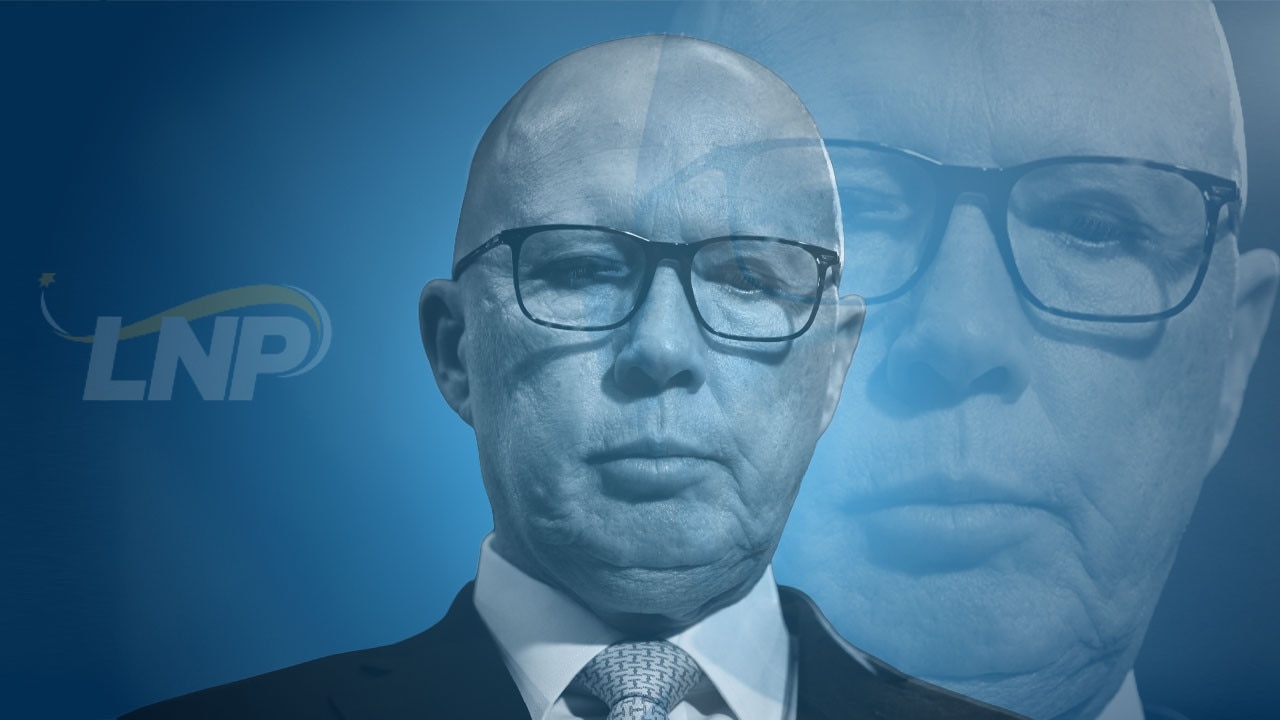
Whatever leadership ambitions Christian Porter may have had — or others had held for him — evaporated recently.